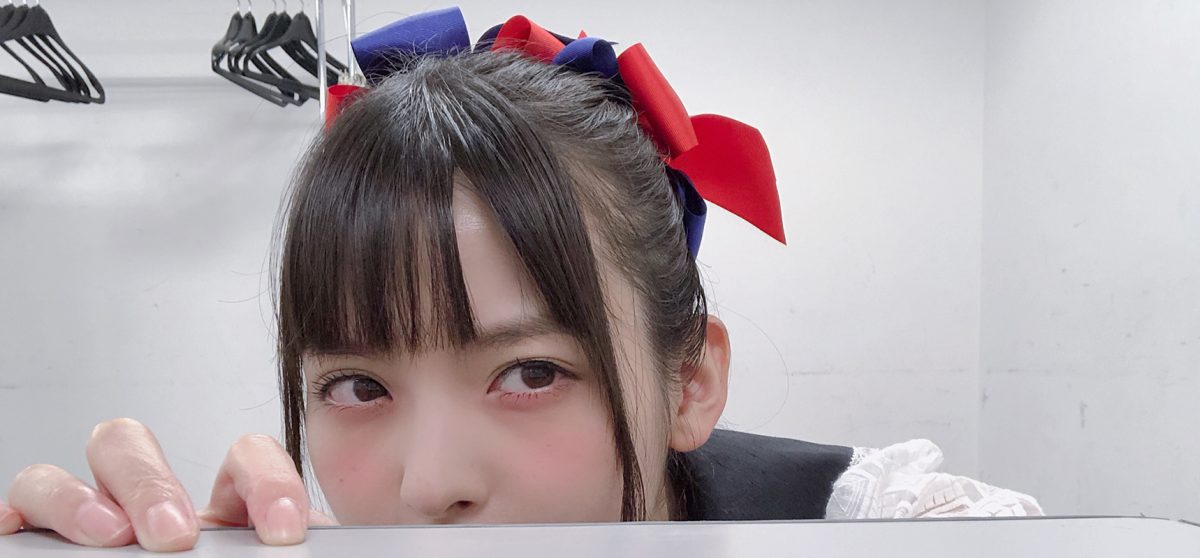It’s once again time for some waka. As I anticipated in the second part, this post will feature birds and tears. Sounds strange right? Let’s take a look at those two poems.
Poem n.63 from the Shinkokinwakashū しもまよふ空にしをれしかりがねのかへるつばさに春雨ぞふる shimo mayohu sora ni shiworeshi karigane no kaheru tsubasa ni harusame zo furu Traduzione italiana Nel cielo dove si disperde la brina la pioggia primaverile cade sulle ali dell’oca selvatica che torna stanca al nido
English translation In the sky where hoar scatters spring rain falls on the wings of the wild goose who returns exhausted to the nest
Lot’s of symbolism in this piece: karigane can be translated as “wild goose” or “cry of the wild goose” and it’s a symbol of loyalty. The hoar in the sky it’s a metaphor for a starry sky while the rain that falls on the wings represents crying on sleeves, a common metaphor in waka as we have already seen here. I guess this poem describes the sadness of someone who has to leave his/her lover to return home.
Poem n.487 from the Shinkokinwakashū ひとりぬる山鳥のをのしだりをに霜おきまよふ床の月かげ Hitorinuru yamatori no wo no shidariwo ni shimo okimayohu toko no tsukikage
Traduzione italiana La luce della luna posa disordinatamente brina sulla coda a spiovente del fagiano che dormirà solo
English translation The moonlight scatters hoar on the drooping tail of the pheasant who sleeps alone The pheasant represents loneliness, don’t ask me why. The hoar on the tail of the pheasant is once again a metaphor for crying on sleeves. I think. ¯(ツ)/¯ Well, that’s everything for today. See you in the next part. Arrivederci~

